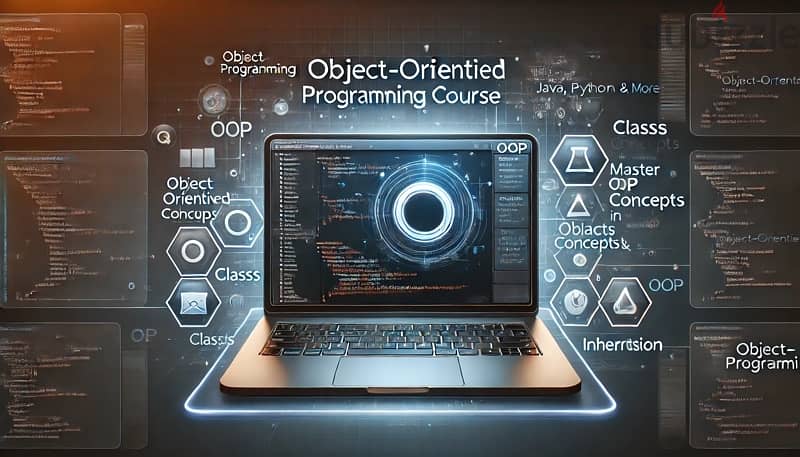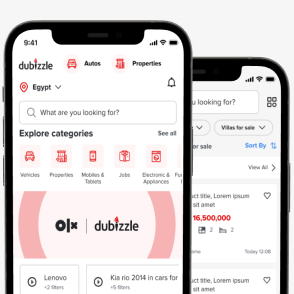1 / 1
Details
Service TypeEducation & Tutoring
Description
Course Overview:
This course provides a deep dive into Object-Oriented Programming (OOP) principles, covering concepts like classes, objects, inheritance, polymorphism, encapsulation, and abstraction. Using languages such as Java, Python, and C++, learners will gain hands-on experience in designing and implementing object-oriented applications.
Who Should Take This Course?
• Beginners who want to understand the fundamentals of OOP
• Programmers looking to strengthen their software design skills
• Students and professionals working with OOP-based languages like Java, Python, and C++
• Developers transitioning from procedural to object-oriented programming
What You Will Learn:
Module 1: Introduction to Object-Oriented Programming
• What is OOP and why is it important?
• Differences between Procedural and Object-Oriented Programming
• Overview of OOP in different languages (Java, Python, C++)
Module 2: Core OOP Concepts
• Classes and Objects
• Methods and Constructors
• Access Modifiers (Public, Private, Protected)
Module 3: The Four Pillars of OOP
• Encapsulation: Data hiding and access control
• Inheritance: Code reuse and hierarchy
• Polymorphism: Method overloading and overriding
• Abstraction: Interface vs. Abstract classes
Module 4: Advanced OOP Concepts
• Static vs. Instance Members
• Composition and Aggregation
• Inner and Anonymous Classes
• Overloading vs. Overriding
Module 5: OOP Design Principles and Patterns
• SOLID Principles (Single Responsibility, Open/Closed, etc. )
• Design Patterns (Singleton, Factory, Observer, MVC)
• Best Practices in OOP
Module 6: Working with Files and Databases
• File Handling in OOP-based languages
• Object Relational Mapping (ORM) concepts
• Database Integration using OOP (JDBC for Java, SQLAlchemy for Python)
Module 7: Building Real-World OOP Applications
• Developing a simple OOP-based project
• Refactoring procedural code to OOP
• Debugging and optimizing object-oriented code
Course Features:
Hands-on coding exercises and projects
Interactive quizzes and assignments
Real-world case studies
Guidance from industry experts
Certificate of completion
Prerequisites:
• Basic programming knowledge (any language)
• No prior OOP experience required
Enrollment Information:
• Duration: 36hr
• Mode: Flexible
• Fee: 20$ per hour
Location
Lebanon
Ad id 116239736
Report this ad
Listed by private user
Mojtaba El Moussawi
Member since Jun 2018
See profile
Your safety matters to us!
- Only meet in public / crowded places.
- Never go alone to meet a buyer / seller, always take someone with you.
- Check and inspect the product properly before purchasing it.
- Never pay anything in advance or transfer money before inspecting the product.

